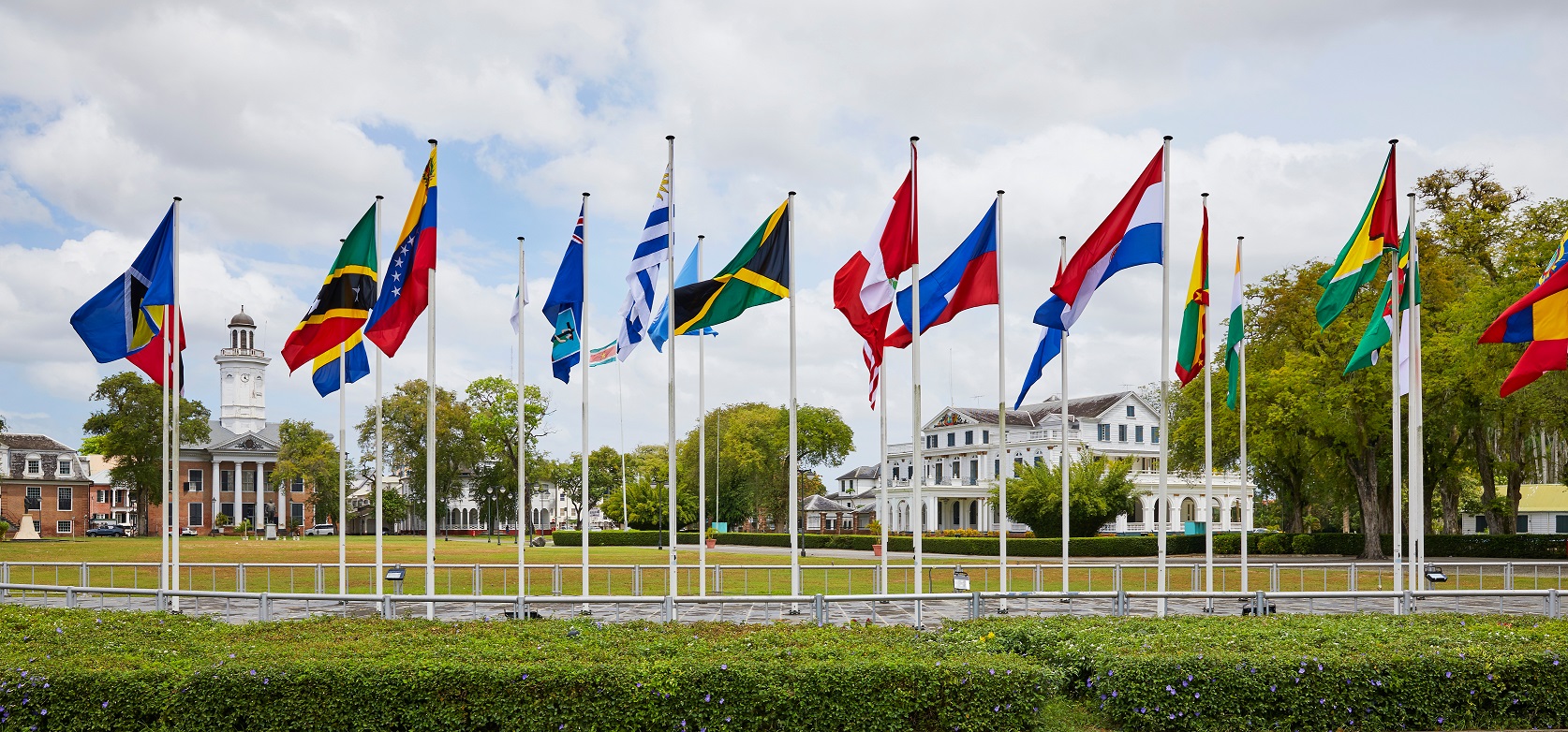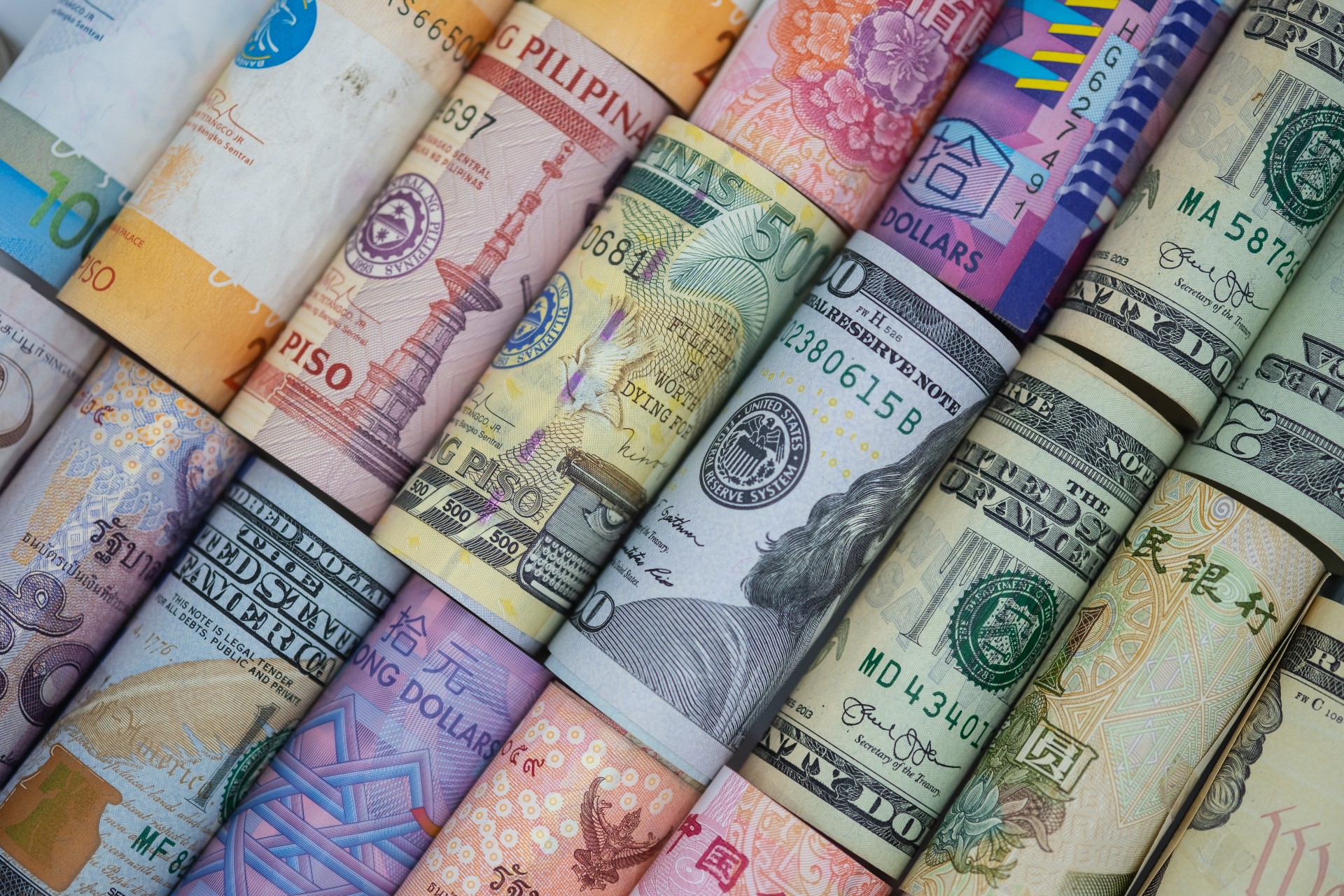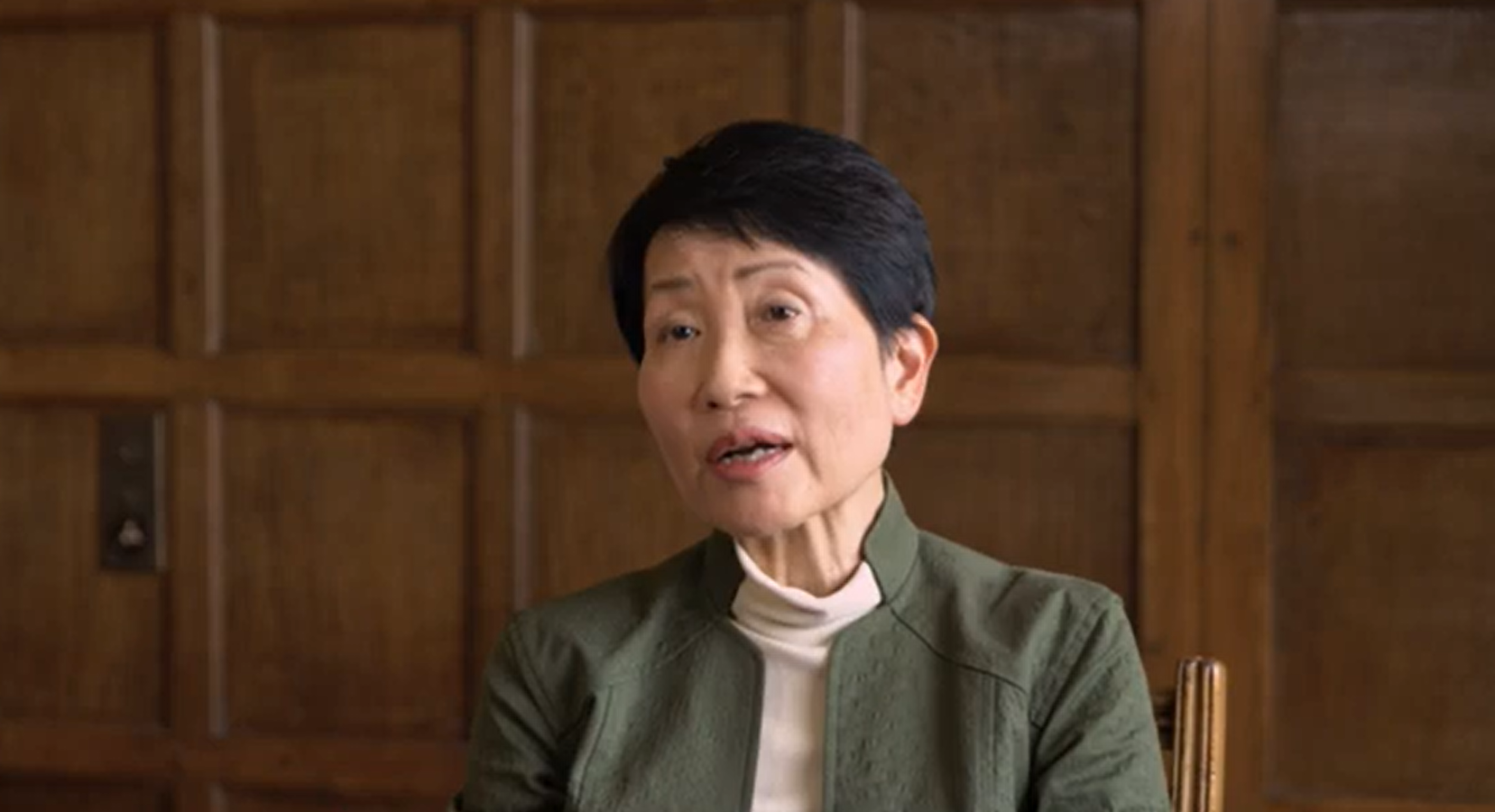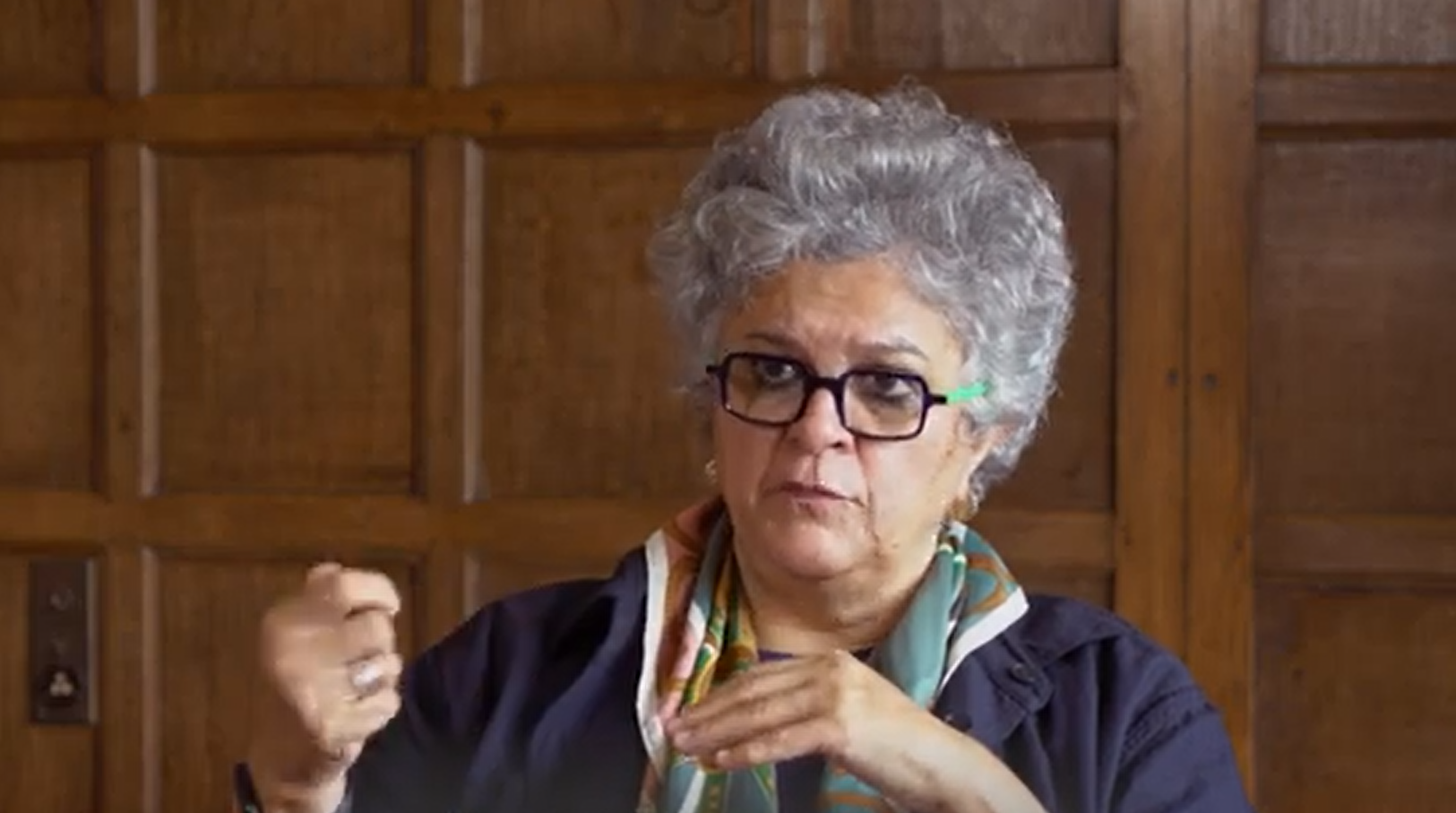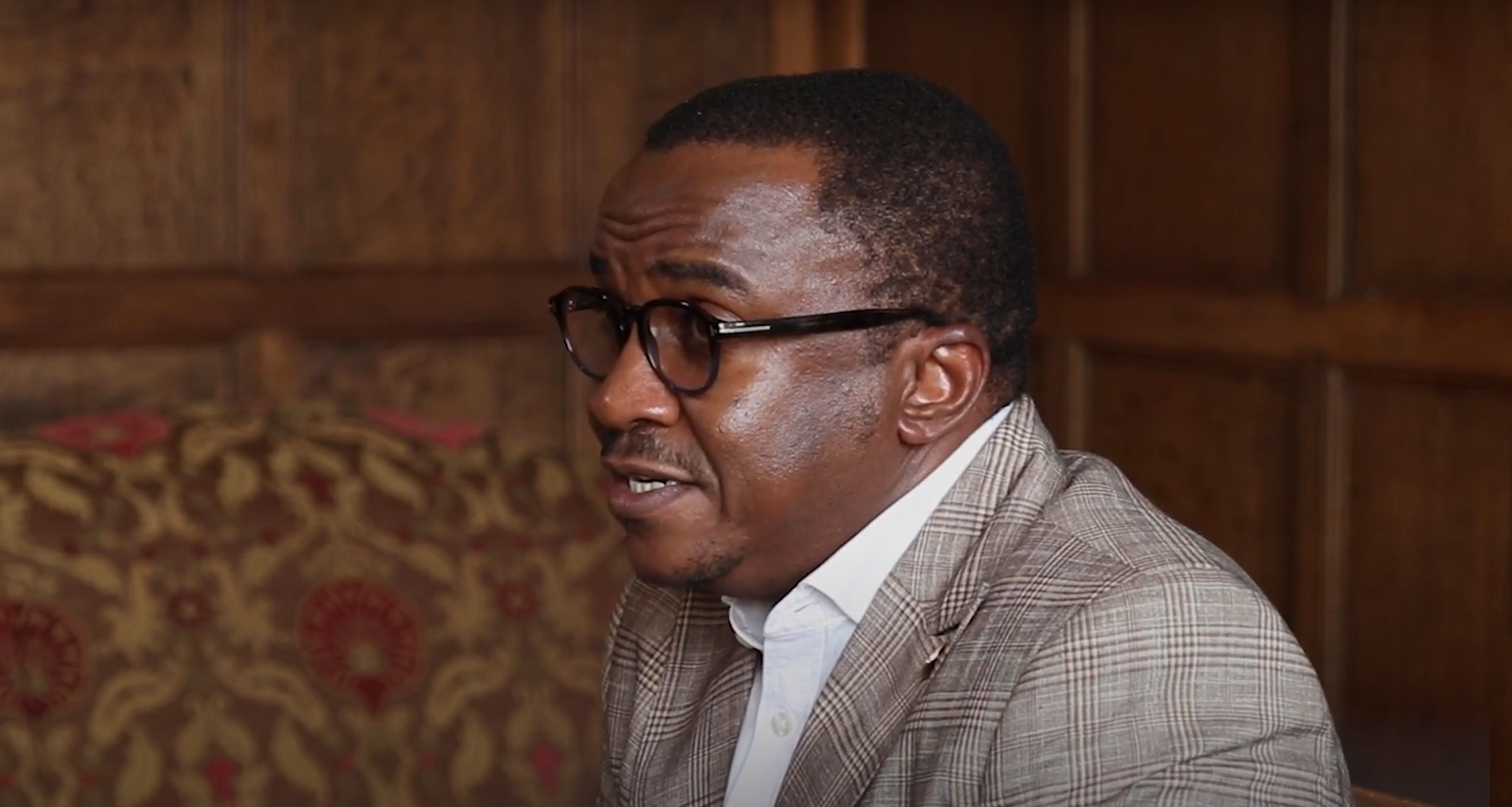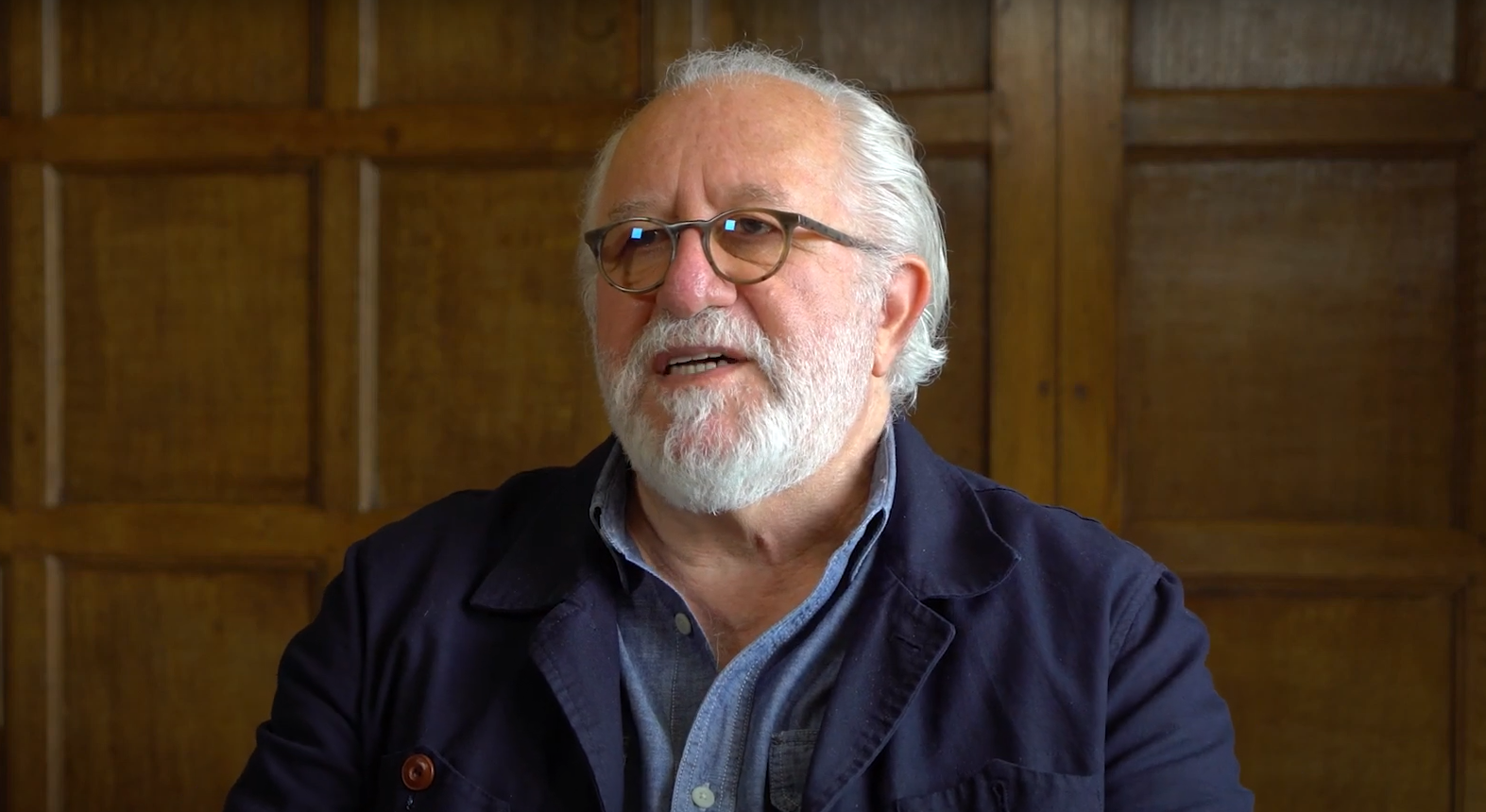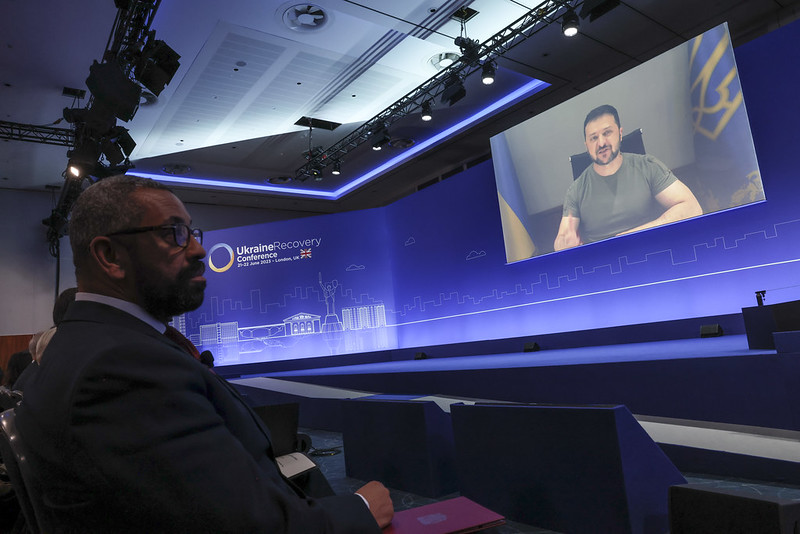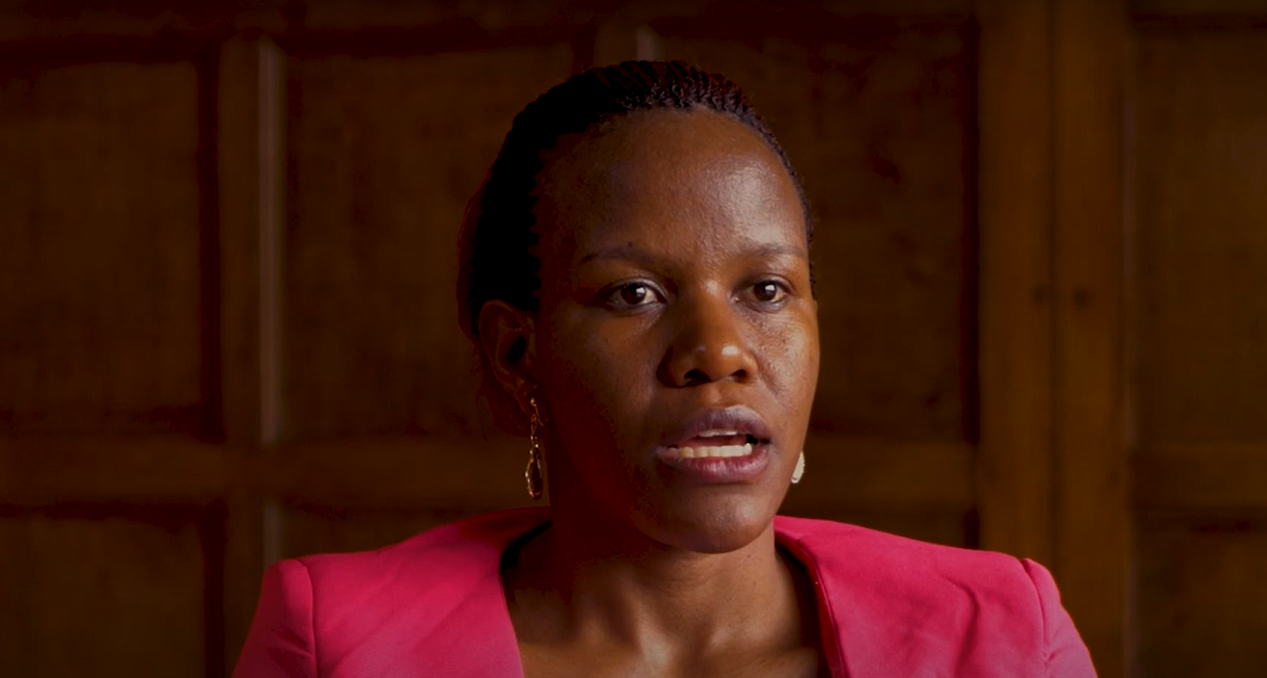The United Nations Environment Programme (UNEP) highlights illegal trade in wildlife as the fourth most lucrative transnational crime after drugs, arms, and human trafficking, estimated to be worth up to £17 billion annually. Illegal wildlife trade (IWT) is not only pushing several iconic species to the brink of extinction but this organised crime, along with the associated corruption and illicit financial flows, is undermining sustainable development by depriving some of the poorest aid-dependent countries of billions of dollars-worth of resources. IWT has a detrimental impact on state institutions and governance, and fuels discontent and insecurity.
The cross-border nature of illegal hunting and trade in wildlife is not the problem of a single country or continent. The increasingly sophisticated tactics of transnational crime syndicates requires a transnational response in the form of strengthened cross-border cooperation between source, transit and destination countries.
In spite of high level commitment to tackle wildlife crime, intra-sector cooperation and cross-border partnerships have been hindered by an absence of standard operating procedures. Corruption also facilitates IWT, and this has been acknowledged internationally within a range of international fora including the UN, OECD, and G20. There have been calls for the international community to do more to tackle it, including following the UK-hosted anti-corruption summit in 2016.
In the lead up to the Illegal Wildlife Trade Summit to be hosted by the United Kingdom in October 2018, this meeting sought to build on existing frameworks and identify innovative approaches to tackling IWT as a serious organised crime, and taking steps also to tackle the corruption associated with it. Building on expert discussions, including our 2015 event on Wildlife crime and international security: strengthening law enforcement, this meeting brought together over 60 people from selected countries in order to facilitate dialogue between law enforcement, intelligence communities, investigators, journalists and financial experts. In particular it aimed to:
- Identify best practice and lessons learnt from successfully tackling other transnational organised crimes, including drugs and human trafficking
- Consider practical steps for the implementation of effective counter measures, including intelligence-sharing, prosecution and deterrents
- Review the evidence on the role of corruption in facilitating IWT, and support the development of a “road map” of actions to tackle it
- Foster and catalyse the development of partnerships between key agencies and organisations involved in the fight against IWT and the related corruption
Speech
Mark Field, Minister of State for Asia and the Pacific at the Foreign & Commonwealth Office




